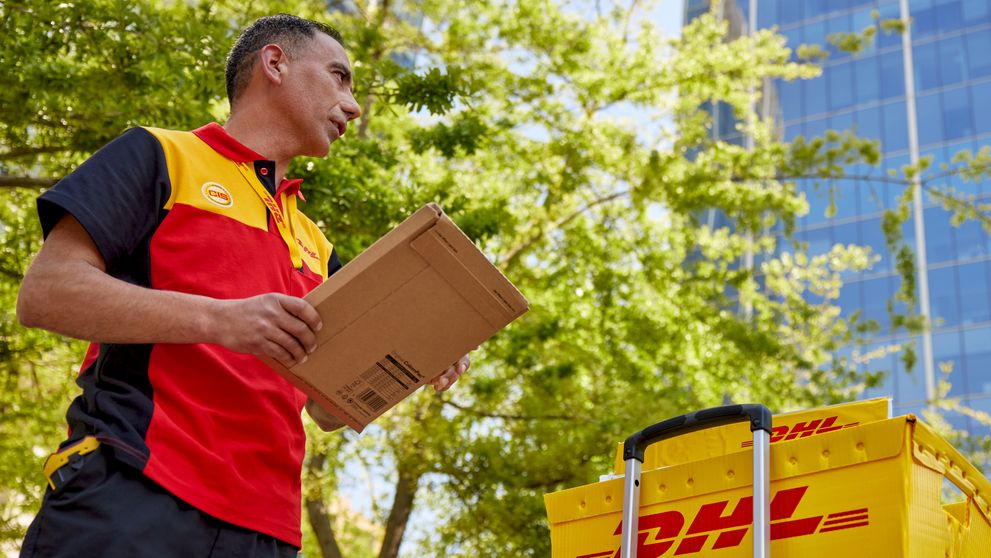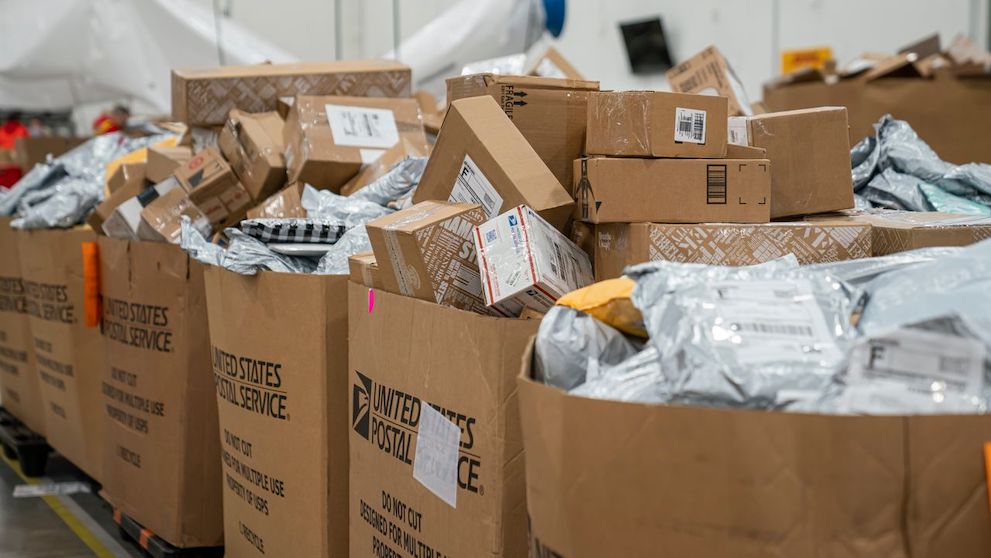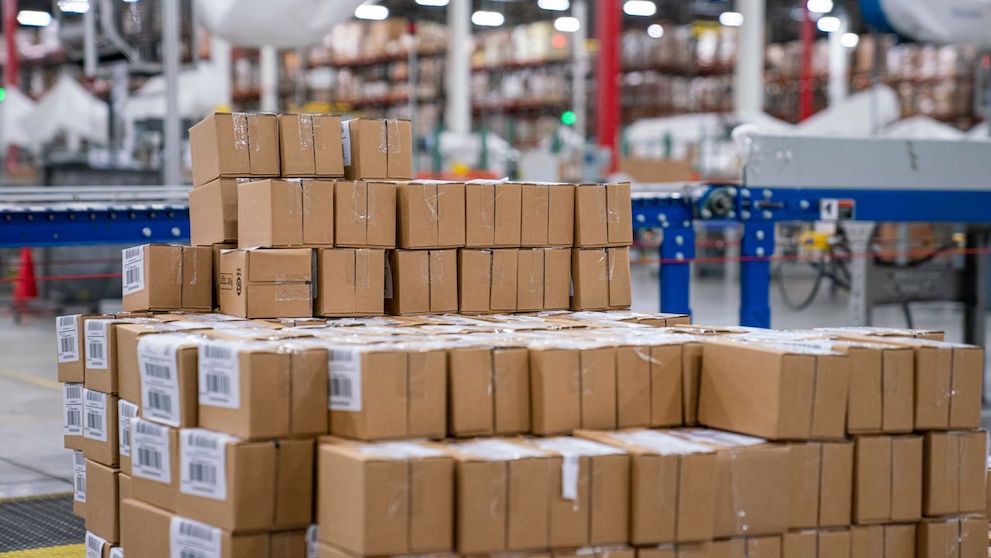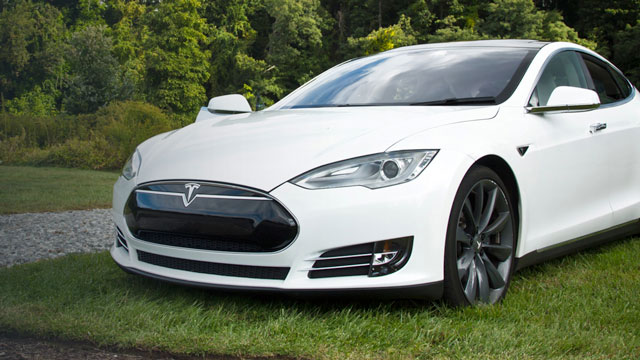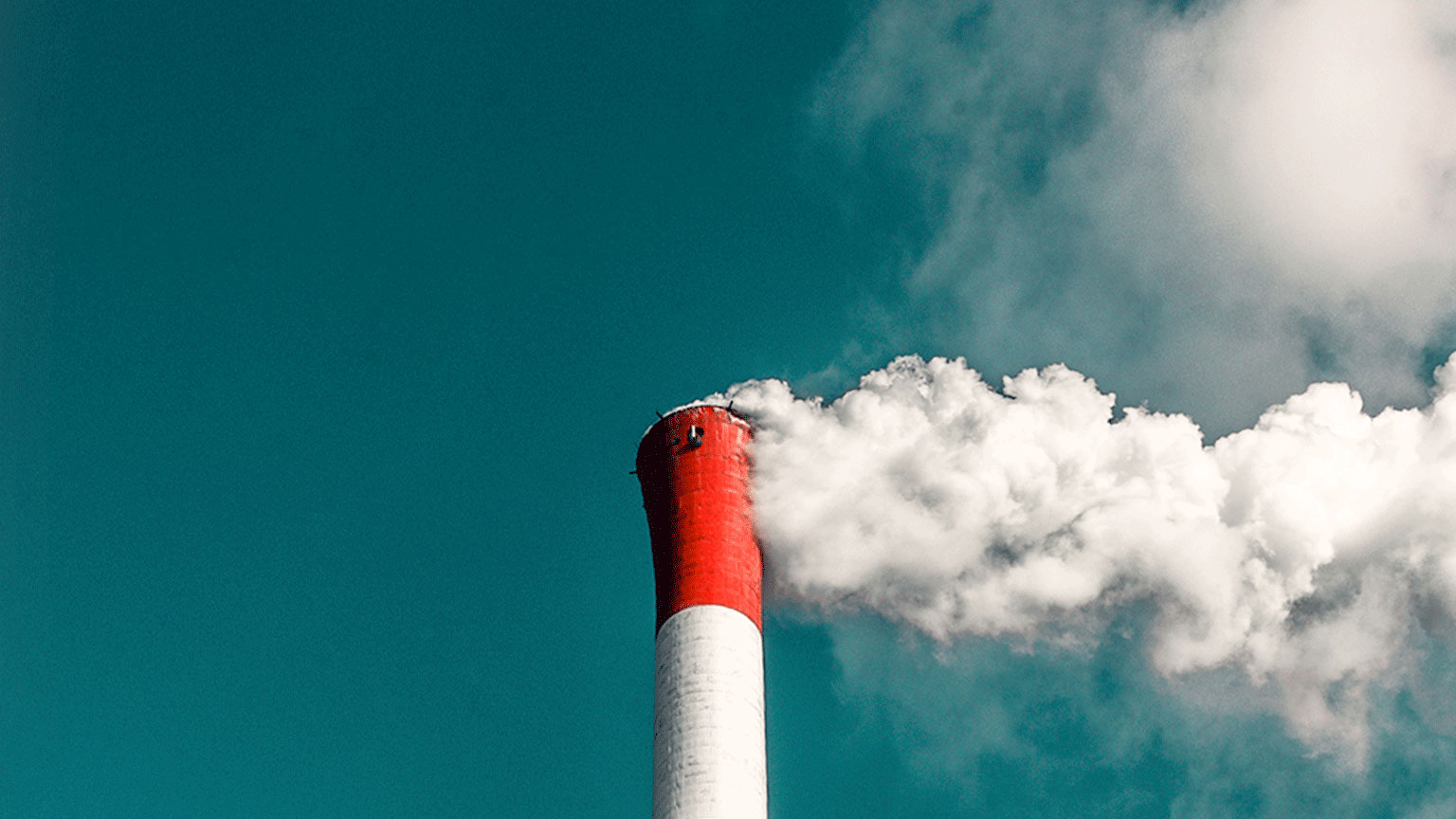Malaysia stands out as a global leader in the halal market, leveraging its strategic geographic location and rich demographic diversity. According to the Global Islamic Economy Index, Malaysia ranks #1 among 81 countries for the 10th consecutive year, highlighting its preeminent position in the halal industry.
As the global halal market continues to expand, Malaysia’s position at the heart of Southeast Asia offers unparalleled advantages. The country's robust halal certification system, recognised worldwide, ensures that halal products meet the highest standards of quality and compliance. This, combined with Malaysia’s commitment to fostering the halal economy, has solidified its status as a halal hub.
The growth of the halal industry in Malaysia has significantly strengthened regional economic ties. By positioning itself as a central player in the global halal market, Malaysia has fostered economic partnerships with neighbouring countries, such as Indonesia, Singapore, and Brunei. These collaborations not only enhance Malaysia’s economic standing but also promote the halal industry across Southeast Asia, creating a cohesive and competitive regional market.
1. Malaysia’s halal management systems
Malaysia has established a robust halal management system that is recognised globally for its stringent standards and comprehensive approach. The country's commitment to maintaining high-quality halal standards has cemented its reputation as a leading halal hub, ensuring the integrity of halal products and services across various sectors. Explore the core organisations and initiatives below:
Jabatan Kemajuan Islam Malaysia (JAKIM)
Jabatan Kemajuan Islam Malaysia (JAKIM) is the key government-recognised body responsible for issuing halal certification in Malaysia. JAKIM's certification is based on halal standards developed in collaboration with the Department of Standards Malaysia. These standards cover a wide range of sectors, ensuring that halal principles are adhered to across various industries.
Fifteen standards have been developed for the halal sector, including food and beverage schemes, pharmaceuticals, logistics, packaging, cosmetics, fashion, and Muslim-friendly hospitality services. JAKIM's rigorous certification process ensures that products and services meet the highest halal standards, fostering trust among consumers and enhancing Malaysia’s reputation as a halal hub in the global market.
Halal Development Corporation Berhad (HDC)
The national halal ecosystem is further bolstered by the Halal Development Corporation Berhad (HDC), which plays a pivotal role in developing the halal industry. The HDC is tasked with developing and promoting the halal industry, not just limited to food like meat but also encompassing other products such as cosmetics and pharmaceuticals.
Additionally, the HDC plays a crucial role in the development of halal services, including banking and takaful (Islamic insurance). By providing a comprehensive framework for the halal industry, the HDC supports Malaysia’s efforts to be a leading global halal hub, ensuring that all aspects of halal compliance are met across various sectors.
Global Halal Summit (GHaS)
Launched in September 2023 in Kuala Lumpur, the Global Halal Summit (GHaS) aims to complement Malaysia’s halal ecosystem and economy. GHaS 2023 is designed to maintain the momentum of the halal industry by providing new opportunities and promoting Malaysia’s halal reputation on the international stage. The summit is part of the government’s ongoing efforts to enhance and sustain the country’s leadership in the halal market, fostering innovation, collaboration, and growth within the halal sector. GHaS serves as a platform for stakeholders from around the world to discuss, collaborate, and advance the global halal industry, reinforcing Malaysia’s position as a central hub for halal products and services.


